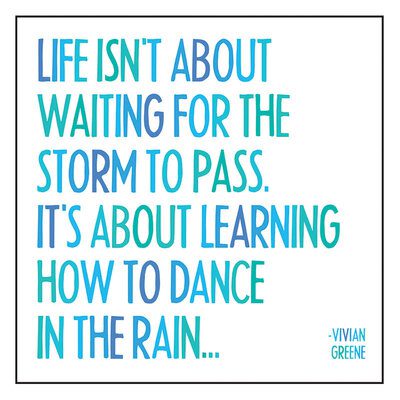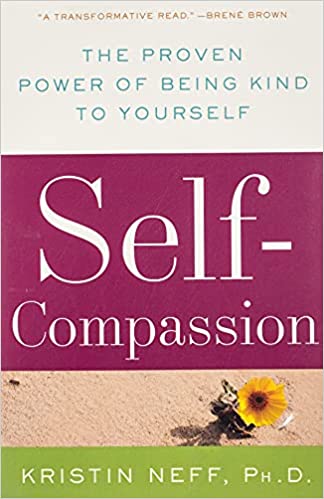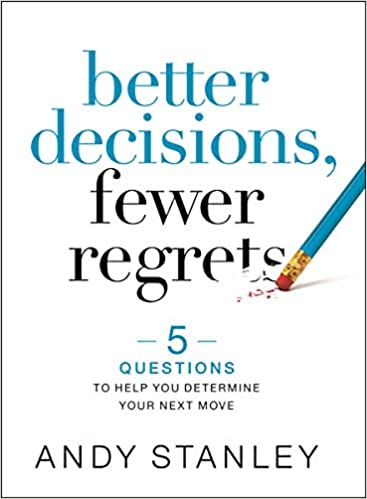Life is often a rollercoaster of ups and downs, peaks and valleys, sweet and bitter, good and bad. It can be extremely tough to navigate the vicissitudes of life, the rollercoaster is never ending; if it is not this then it is that. You are either living in a storm, going through a storm, or entering a new storm. Whatever goes wrong, always goes wrong (Murphy’s Law). Whatever you are going through right now is a moment in time; it will eventually pass. Theodor Seuss Geisel (Dr. Seuss) once quipped “When something bad happens you have three choices. You can either let it define you, let it destroy you, or you can let it strengthen you.” Every situation, circumstance, trial and tribulation is a moment in time. You made a mistake but you are not a mistake, you failed but you are not a failure. You are just experiencing the bittersweet experience of being human.
“Between stimulus and response, there is a space. In that space is our power to choose our response. In our response lies our growth and our freedom.”- Viktor E. Frankl
Whatever you are going through right now—grief, job loss, loss of a loved one, heartbreak, divorce, financial insolvency, rejection, business failure, anxiety, or worry—these are all moments in time. You can either learn the lessons or let them lessen you. You can get the message in the mess or stay stuck in the mess. It is tough dealing with these situations, but it is part of being human. The pain can be debilitating, the path to the top is an uphill battle, and it will be tough before it gets better.


In Self-Compassion: The Proven Power of Being Kind to Yourself, 1 Associate Professor of Educational Psychology at the University of Texas at Austin, Dr. Kristin Neff writes about the importance of having self-compassion and the transiency of life.
Self-compassion gives us the calm courage needed to face our unwanted emotions head-on. Because escape from painful feelings is not actually possible, our best option is to clearly but compassionately experience our difficult emotions just as they are in the present moment. Given that all experiences eventually come to an end, if we can allow ourselves to remain present with our pain, it can go through its natural bell-curve cycle—arising, peaking, and fading away. ”
As it says in the Bible, “This too shall pass.” Or as the Buddha said, all emotions are “liable to destruction, to evanescence, to fading away, to cessation.” Painful feelings are, by their very nature, temporary. They will weaken over time as long as we don’t prolong or amplify them through resistance or avoidance. The only way to eventually free ourselves from debilitating pain, therefore, is to be with it as it is. The only way out is through. We need to bravely turn toward our suffering, comforting ourselves in the process, so that time can work its healing magic.
“We are healed from suffering only by experiencing it to the full.” – Marcel Proust
What story do I want to tell? 2
In Better Decisions, Fewer Regrets: 5 Questions to Help You Determine Your Next Move, author and pastor Andy Stanley describes five game-changing questions to ask every time one decides. One of the questions is “Legacy Question: What story do I want to tell?“

Every decision you make, every decision becomes a permanent part of your story. The story of your life. Every decision you make has an outcome, a consequence, a result. It may be good or bad. Desirable, undesirable. Expected, unexpected. Whatever the case, that outcome becomes a permanent part of the story of your life. Decision by decision, you are writing the story of your life. So, when you’re making a decision of any magnitude, you owe it to yourself to pause, look ahead, and ask yourself: “What story do I want to tell?”
What story do you want to tell?
The decisions you’re in the middle of making right now . . . this week . . . today . . . are going to be reduced to a story you tell. Once it’s behind you, it’s a story. Period. If you lost your job recently, surviving this season without a job is going to be a story you tell someday.
Good questions lead to better decisions. Your decisions determine the direction and quality of your life. Your decisions serve as the framework for the story of your life. So write a good one. While there’s nothing you can do about the decisions you’d choose to go back and unmake, remember this: Your regrets are only part of your story. They don’t have to be the story. Your past should remind you. It doesn’t have to define you.
The beauty of failure is that, it is just a moment in time. Fear only exists until you make a decision to overcome it. Nobody wants failure but it is ok as it sets you up to do something better. -Kevin Hart
Meditations
Daily Calm with Tamara Levitt – Repetition
Shoshin (Beginners Mind) invites us to drop preconceptions and take an attitude of openness. It suggests that there is wisdom to be gained when we approach experiences with the open mind of a beginner. In order to create lasting change, we sometimes need to return to teachings again and again. As we revisit familiar practices, we want to approach them with a beginner’s mind, releasing preconceived ideas of judgments.
‘In the beginner’s mind there are many possibilities, but in the expert’s there are few’ – Shunryu Suzuki
Daily Jay with Jay Shetty – Caring vs Carrying
There are multiple approach to compassion and they are multiple motivation behind service. As research as revealed, empathy can take two forms.
- Affective Empathy: Ability to connect with and share another person’s emotions.
- Cognitive Empathy: More rational, it is the ability to understand other people’s perspectives. It is rooted in our values.
Sometimes we can care a little too much. Studies have shown that those led by affective empathy can become overwhelmed by feelings and sought of shutdown to the point that they cannot assist at all. We can find it hard to compartmentalize.
You care about something without carrying it. You can get involved without getting emotionally overinvolved. It is ok to create some distance by focusing on the potential impact that we can make instead of the sadness and struggle of those involved. Empathy is a brilliant motivating force but be aware of how you engage, leading with your heart is beautiful but sometimes it is best to let your brain guide the way.
Podcast
- Boston Celtics Owner finally REVEALS his SECRET – Ed Mylett Podcast
All the best in your quest to get better. Don’t Settle: Live with Passion.



Comments are closed.